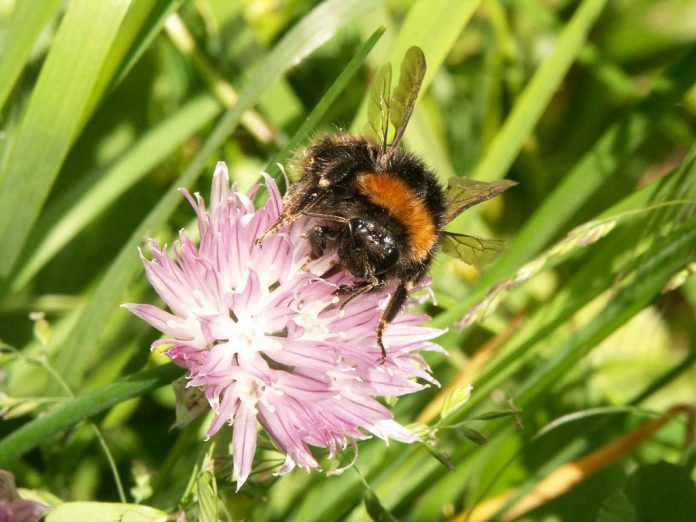The European Parliament’s Agriculture Committee on January 23 voted on an action plan to save the bees. They called for a 50% increase in funding and better support for EU beekeepers, as well as a ban on harmful pesticides.
“The Agriculture Committee has proposed workable and efficient solutions to combat honey adulteration, an inappropriate use of pesticides, bee diseases and invasive alien species. We want to boost support for our beekeepers and step up promotion of EU bee products,” said rapporteur Norbert Erdős (EPP, HU).
“The cornerstone of the text is the call to replace the current misleading label ‘Blend of EU and non-EU honeys’ with a clear indication of the country or countries that the honey or honeys come from – including the percentages of different honeys used in the final product. This all will help to improve the currently bleak situation of our beekeepers,” he added.
The draft resolution adopted by the committee on January 23 will now be put to a vote by Parliament as a whole.
According to the draft, the EU must take measures to counter growing threats to pollination by bees, which is vital to Europe’s food security and ecological balance. The EU should increase the budget for national beekeeping programmes by 50% and introduce a new support scheme for beekeepers in the EU’s post-2020 farming policy, MEPs agreed.
The EU Commission should also consider ways to help beekeepers remedy production losses and member states could introduce a compensation scheme for loss of bee colonies, they added.
Noting that the number of bee colonies has declined by more than 50% in some member states, MEPs underlined that the EU needs an effective, large-scale and long-term strategy to improve bee health, protect bees and ensure bee repopulation.
To this end, MEPs called for an EU level action plan to combat bee mortality, breeding programmes to produce bees that are resilient to invasive species such as Varroa destructor, and to ban pesticides with scientifically proven negative effects on bee health.
According to a European Parliament press release, the EU produces about 250,000 tonnes of honey per year, making it the world’s second biggest producer after China. The EU also imports about 200,000 tonnes of honey each year, mainly from China, Ukraine, Argentina and Mexico.

